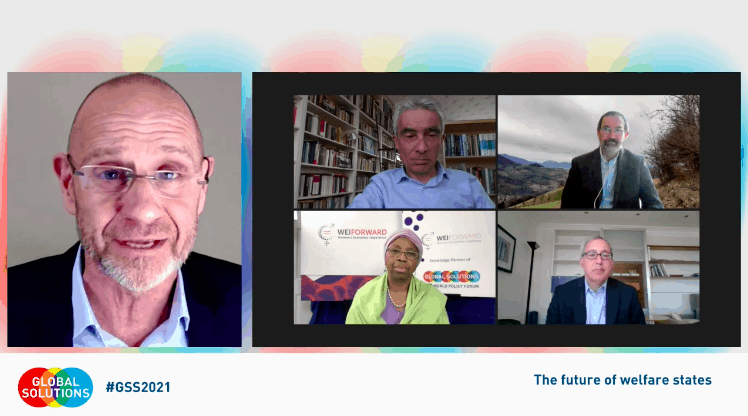Welfare states can buffer economic hardship - their primary function is to provide a public safety net in times of individual crisis and to enable people to overcome the crisis through activation. Thus, if done right, welfare states support solidarity and empowerment. In normal times, welfare states deal with individual volatility resulting from impacts of globalization and technological change, the changing nature of work or entrepreneurial failures. In crisis times like the Covid-19 pandemic, welfare states are particularly challenged as many people use the services simultaneously, outside options are limited, and fiscal space becomes limited. The importance of welfare states in fostering social cohesion and supporting the realignment of social and economic prosperity cannot be stressed enough. On top of providing short-term proposals to tackle the most urgent challenges around social cohesion posed by the pandemic, this session will also discuss medium-to-long term policy options to ensure that the post-COVID economic recovery will be based on the principles of equality, fairness and intergenerational solidarity.






